In 2018, let’s fight for due process
The principles of justice took a bad beating this year.
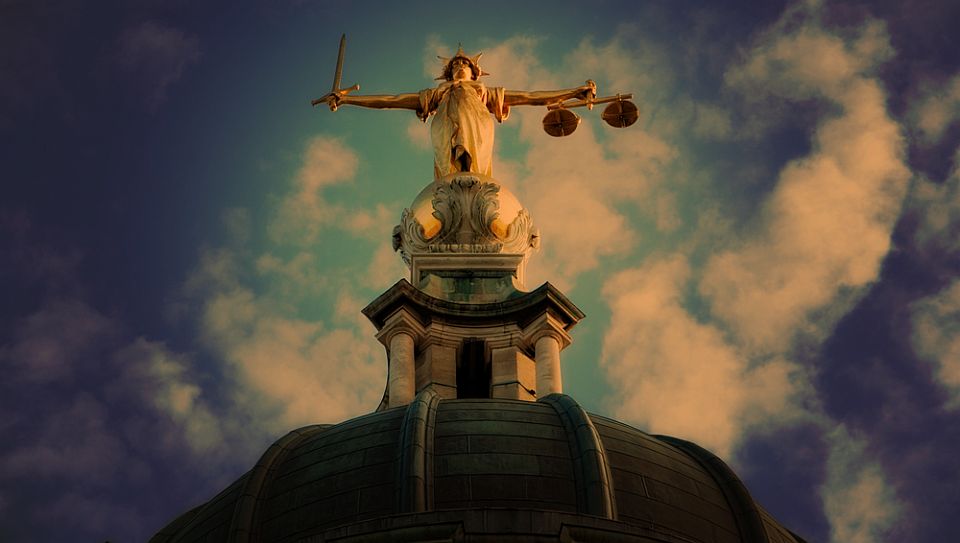
Want unlimited, ad-free access? Become a spiked supporter.
Due process in the UK and elsewhere took a battering in 2017. It culminated at the end of the year with the revelation from the UK Crown Prosecution Service that it is reviewing around 30 cases, some involving very serious allegations of sexual offending, that may have been compromised by the prosecution failing to disclose crucial evidence.
The fight for due process has never really gone away. Throughout the 20th century, governments sought to undermine due-process rights in various ways. This year it became clear that these attacks no longer only come from above. Today, the most serious attack on our right to be treated fairly under the law is executed outside of the realm of politics and the courtroom, in the kangaroo court of moral-panic feminism and on the more intolerant sections of social media.
Towards the end of the year, the case of the young British man Liam Allan hit the headlines. Allan had been charged and prosecuted for rape, but the case collapsed after it was revealed that police had failed to disclose evidence that seriously called into question the claims against him – that is, Facebook messages from his accuser which strongly suggested the sex was consensual. The police simply hadn’t bothered to investigate properly what Allan had said about the case against him.
Shortly afterwards, the case of Danny Kay came to light. Kay had been in jail for four years, since 2013, for rape. But Facebook messages were then revealed which backed his version of events. The Court of Appeal said the prosecution had given an ‘edited and misleading’ outline of the online conversations between Kay and his accuser. Having lost four years of his life, Kay has now been freed.
These cases, these travesties of justice, cannot simply be put down to vindictive accusers or even to one or two shoddy police officers. Rather, they are the result of a system that has stopped caring about the rights of defendants. They are symptoms of a justice system that has lost touch with its central purpose – which is to provide a vital check on the power of the state.
Our right to due process has always been precarious. Take the right to silence. This was the longstanding common-law right of the defendant not to answer the state’s questions when under investigation. In the 1980s and 1990s, however, the right to silence was chipped away at by both Tory and Labour governments. We now have a right to silence qualified by a ‘caution’ informing us that failing to answer the state’s questions could be held against us in a trial. This is a consequence of the political class increasingly viewing the rights of defendants as merely a foil for the guilty.
The right to trial by jury has been attacked by both parties, too. With its 2003 Criminal Justice Act, New Labour finally achieved what many governments before it had tried to do – it ended trial by jury in certain circumstances.
Today, the attack on due process doesn’t come only from those in power. The ‘believe the woman’ and ‘believe the child’ campaigns, the trend for instantly describing as a ‘victim’ everyone who claims to have suffered abuse, the rise of movements like #MeToo – these are now just as important when it comes to undermining individuals’ right to be judged fairly. This year, many people in the public eye have had their careers, and lives, destroyed on the basis of accusation alone, without any proper trial or investigation.
#MeToo is not the first movement to have such a pernicious impact. Hashtag justice, a trend I wrote about in my 2015 book Why Rape Culture is a Dangerous Myth, has been gathering pace for years. Just one example: a restaurant in Cambridge in England was the target of a viral boycott campaign after one of its waiters was accused, just accused, of sexual assault. Accusation now justifies all sorts of mob-like behaviour.
The point about due process is that it treats people like human beings. It recognises that no matter how important it might be to ‘speak out’ about sexual violence, the fact is that at the heart of an allegation there is both the accuser and the accused, and both deserve fair treatment. The rise of hashtag justice speaks to a society that is moving away from its humanity. It is not surprising that this goes hand in hand with society being less forgiving of those accused of certain offences. If you do not consider people to be worthy of a fair hearing, you are unlikely to consider them to be capable of redemption.
We have to do things differently. We have to stand up for people’s right not to be cast out of society based on allegations alone. When we fail to respect people’s right to due process, we do serious damage to justice, fairness and individual liberty. Following a year in which people have been thrown out of work and shamed on the basis of sometimes anonymous accusations, and given we now know that many have been sent to prison because the police failed to follow the rules, it is time we took up the fight for due process with renewed vigour. That should be a key goal of 2018.
Luke Gittos is law editor at spiked and author of Why Rape Culture is a Dangerous Myth: From Steubenville to Ched Evans. (Buy this book from Amazon(UK).)
£1 a month for 3 months
You’ve hit your monthly free article limit.
Support spiked and get unlimited access.
Support spiked – £1 a month for 3 months
spiked is funded by readers like you. Only 0.1% of regular readers currently support us. If just 1% did, we could grow our team and step up the fight for free speech and democracy.
Become a spiked supporter and enjoy unlimited, ad-free access, bonus content and exclusive events – while helping to keep independent journalism alive.
———————————————————————————————————————————–
Exclusive January offer: join today for £1 a month for 3 months. Then £5 a month, cancel anytime.
———————————————————————————————————————————–
Monthly support makes the biggest difference. Thank you.

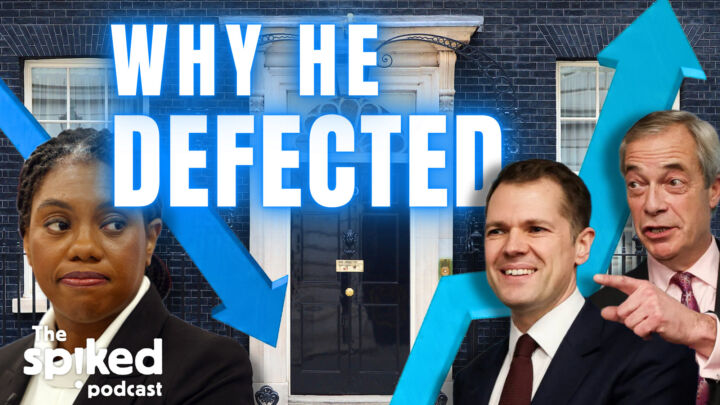
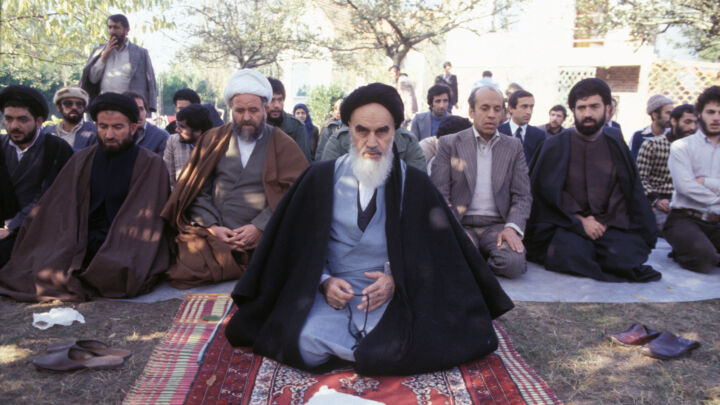
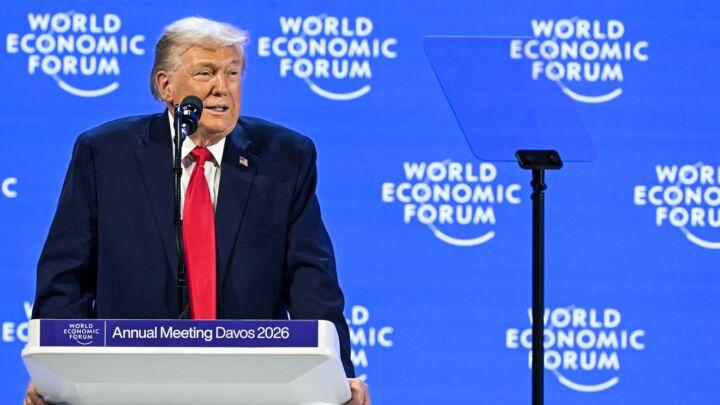
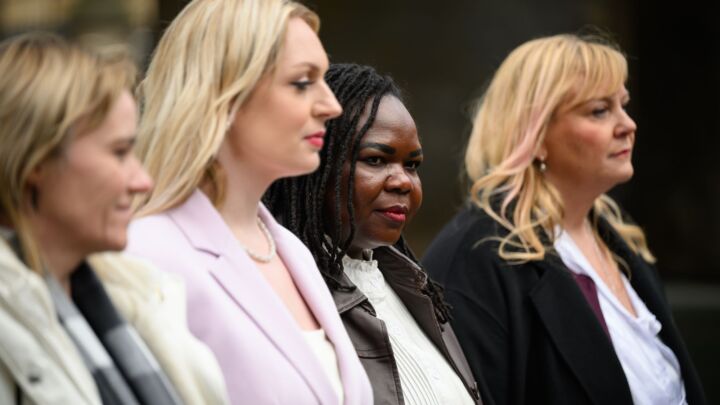






Comments
Want to join the conversation?
Only spiked supporters and patrons, who donate regularly to us, can comment on our articles.